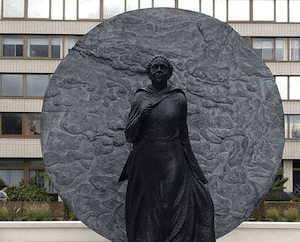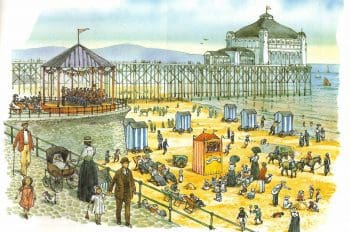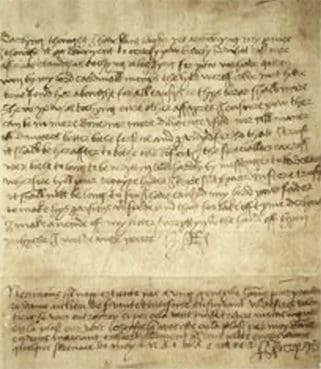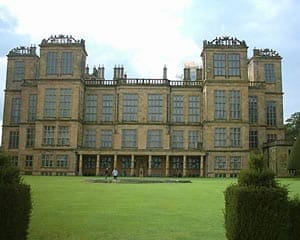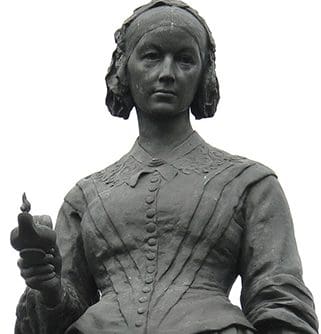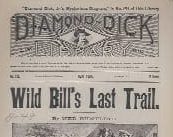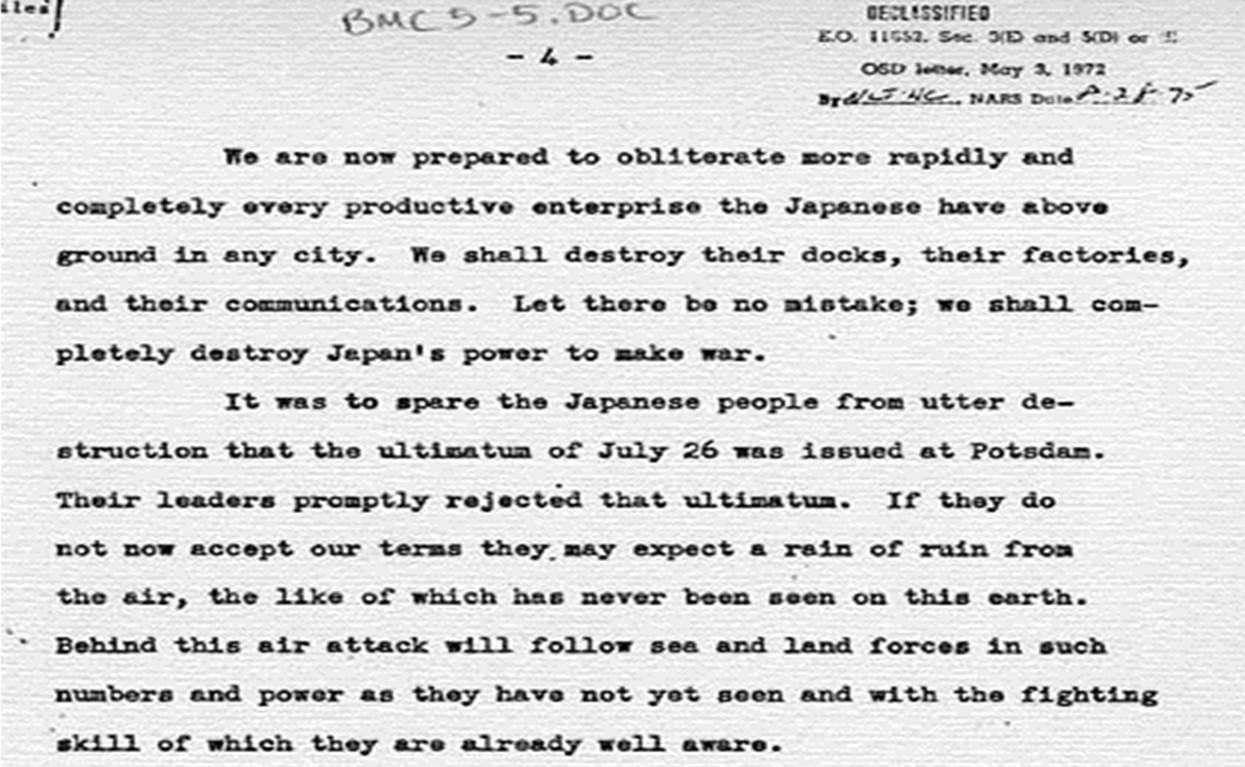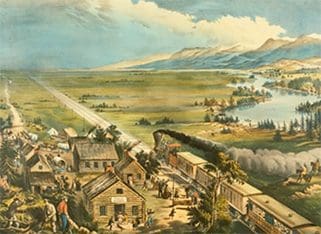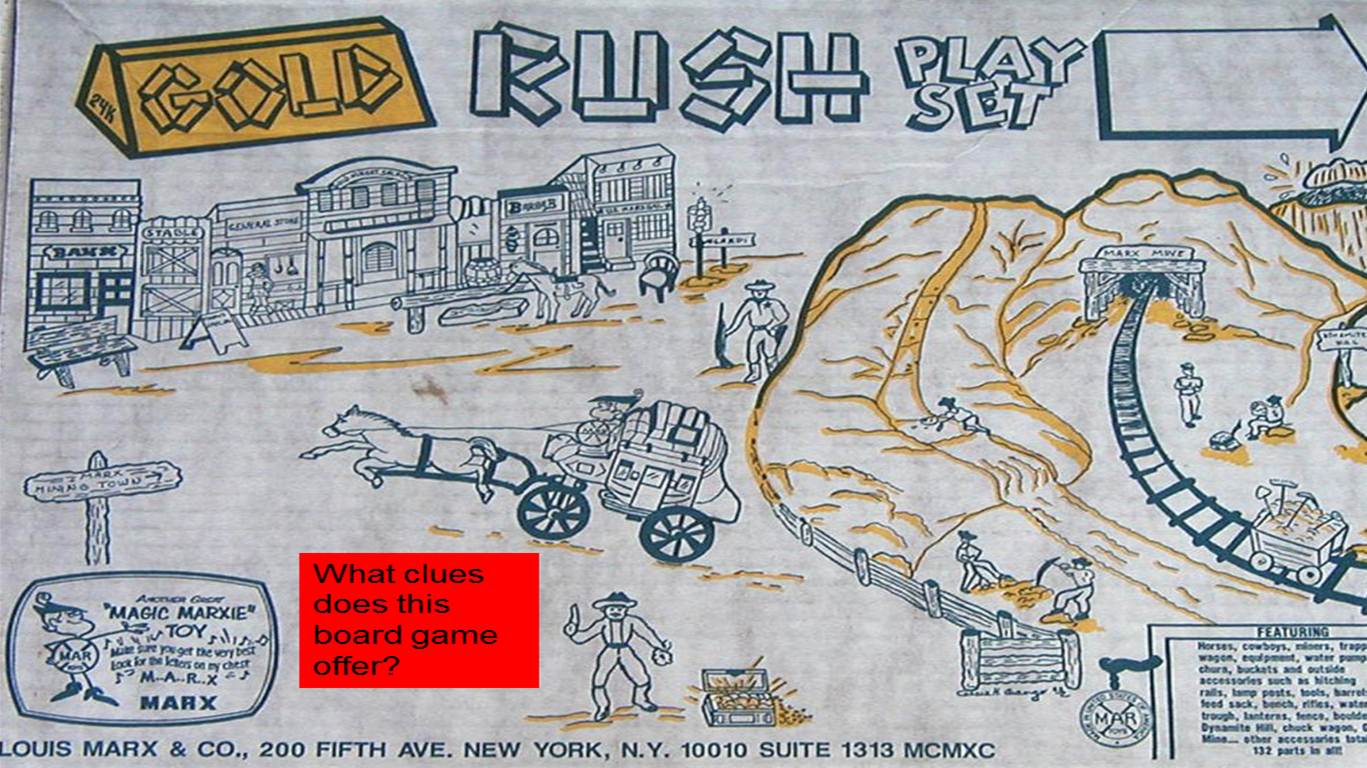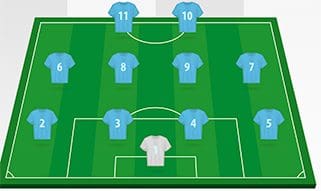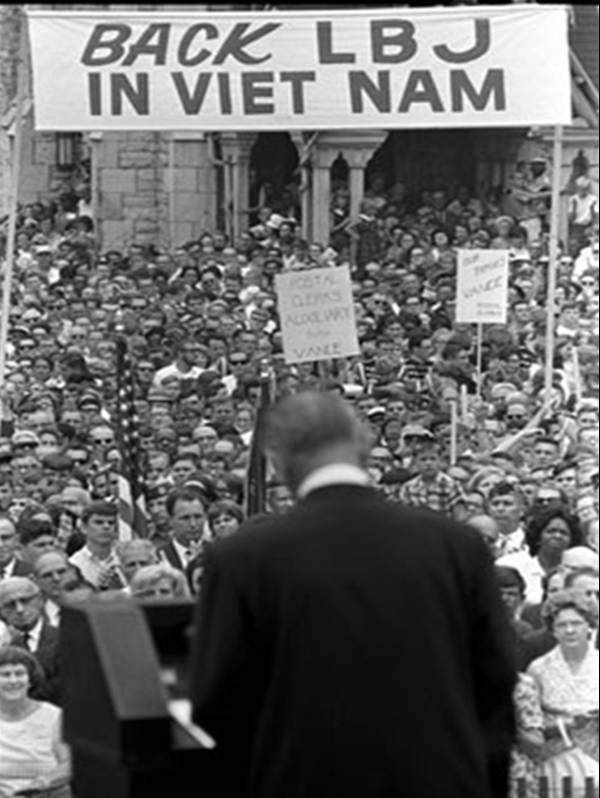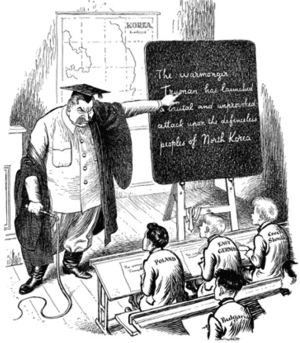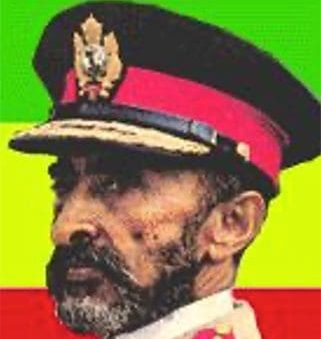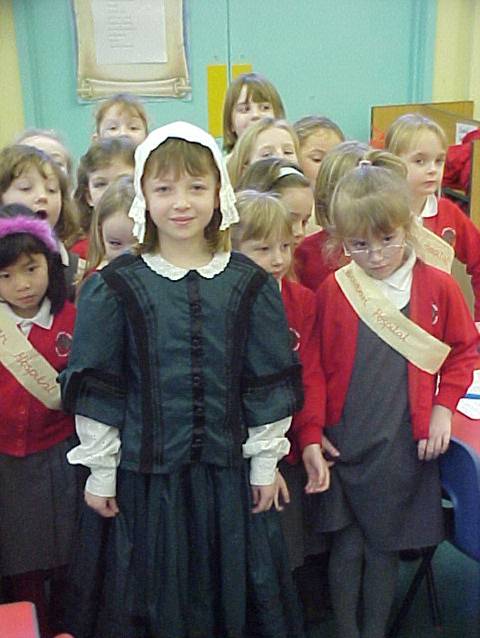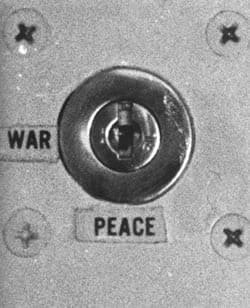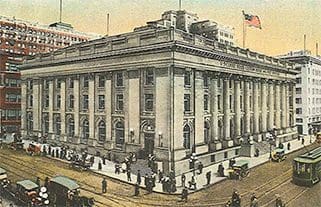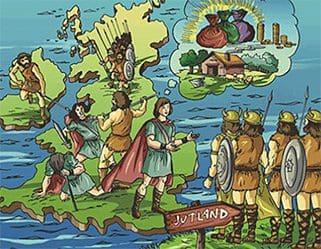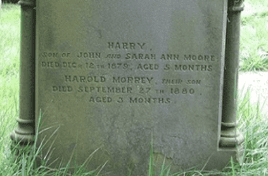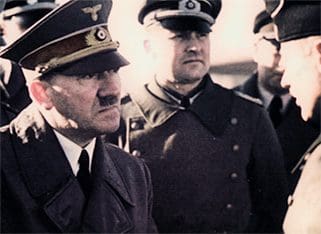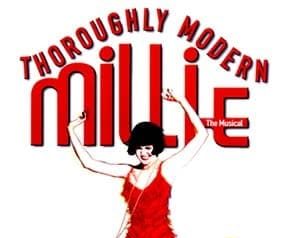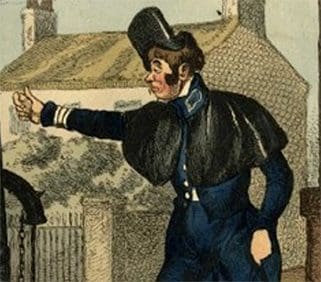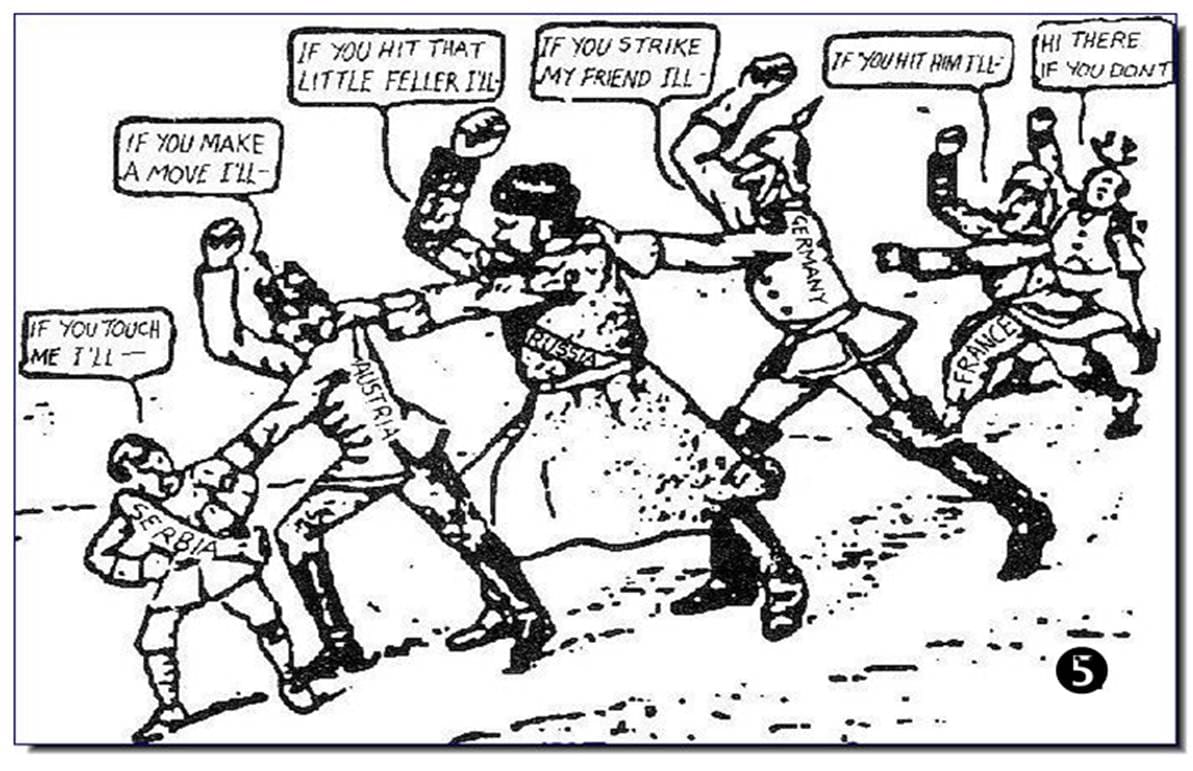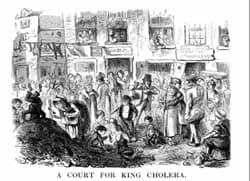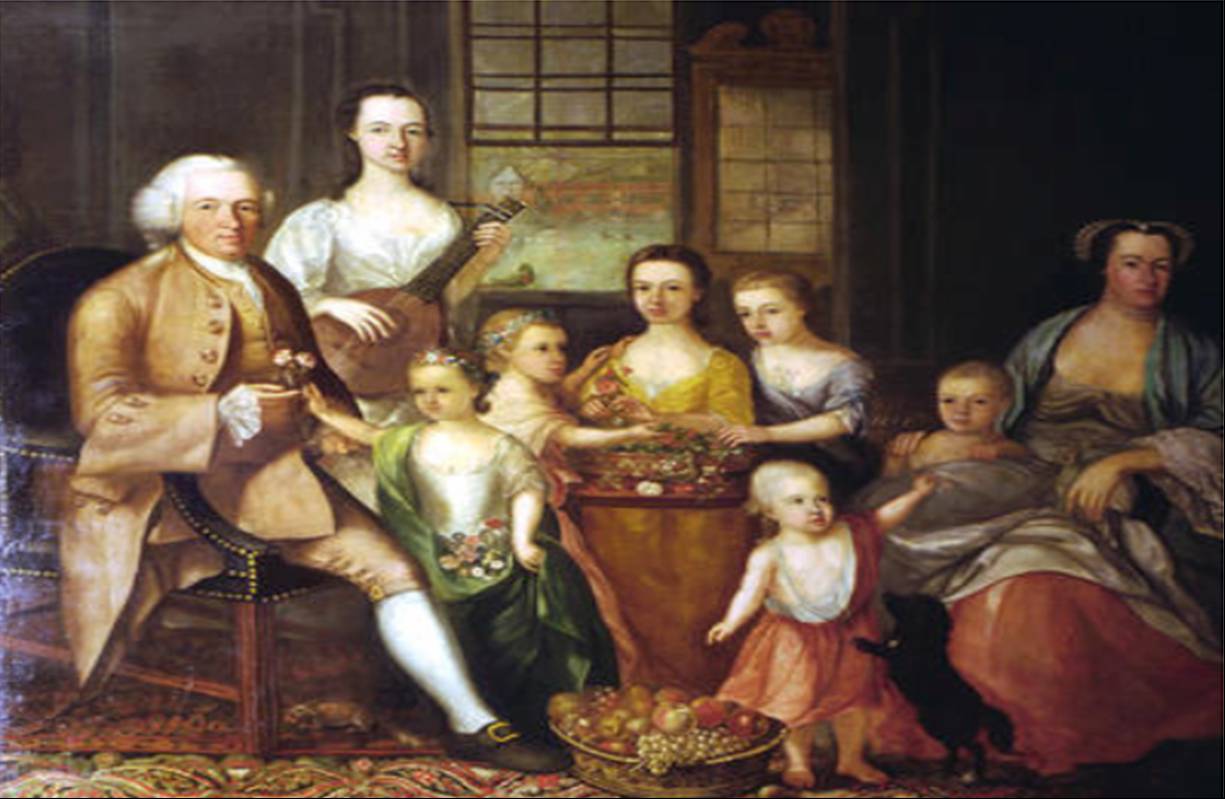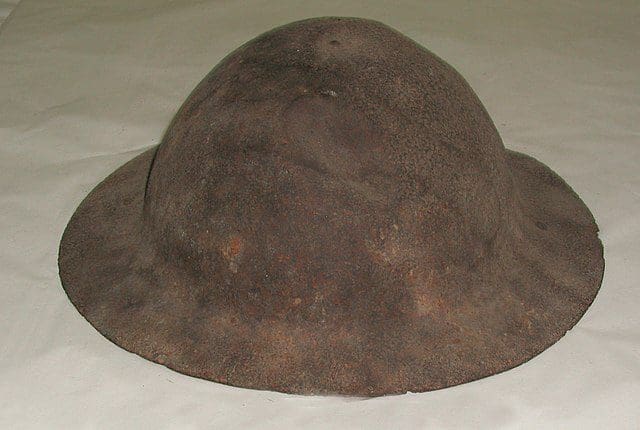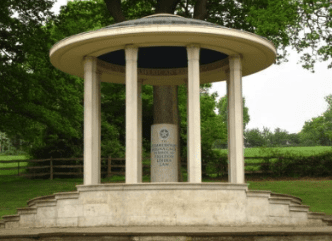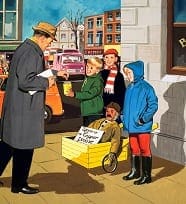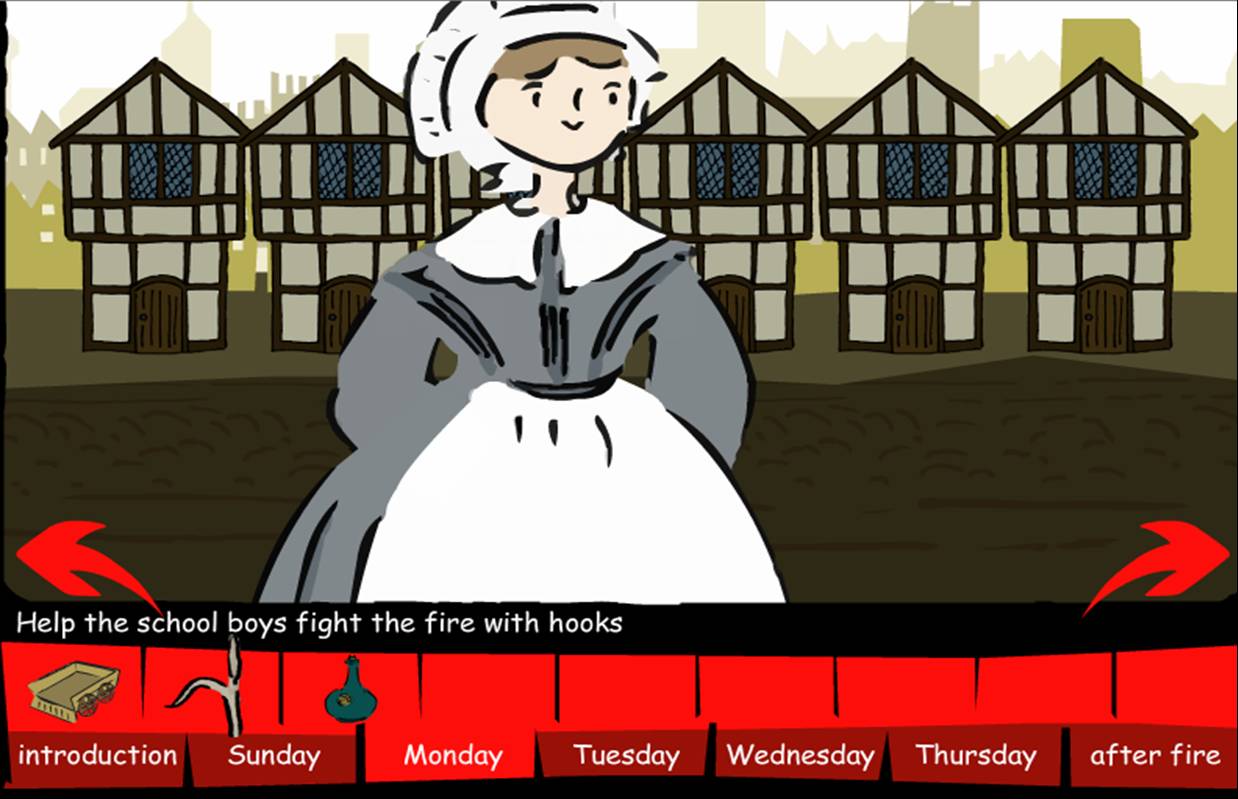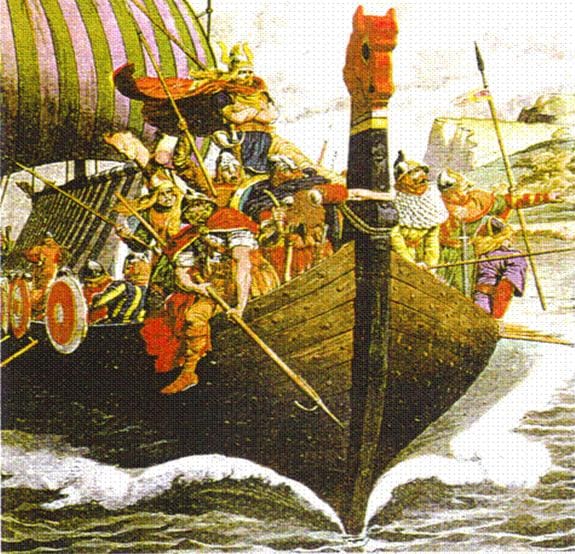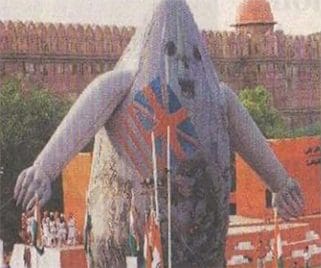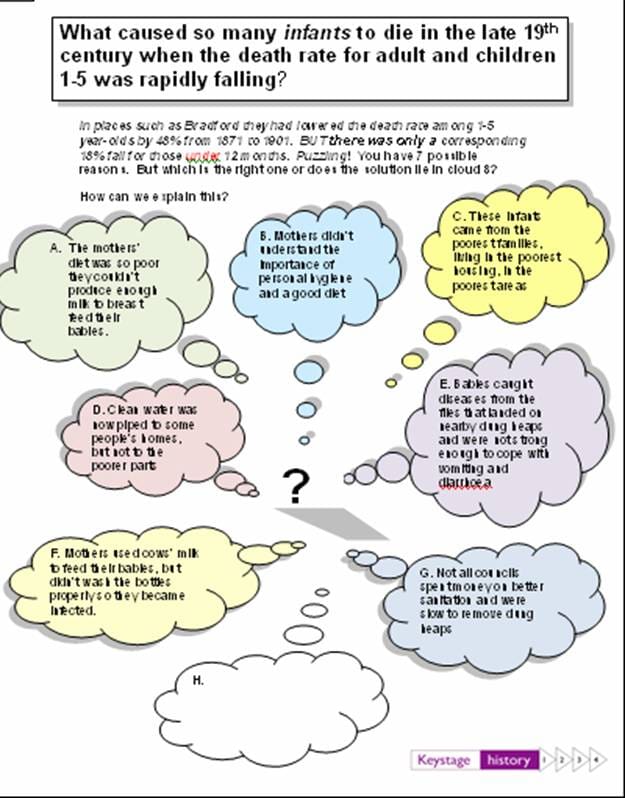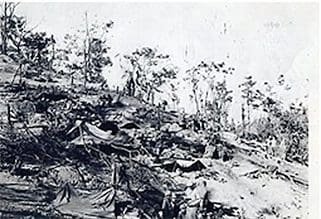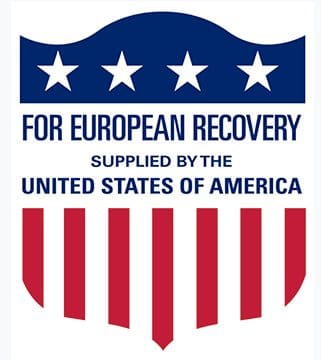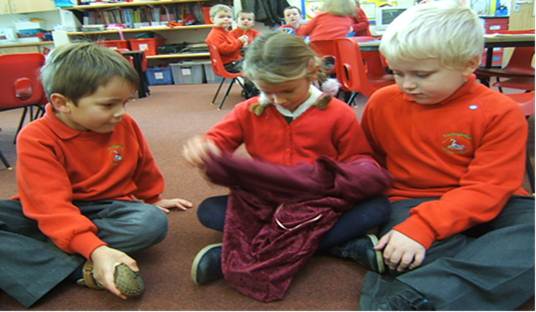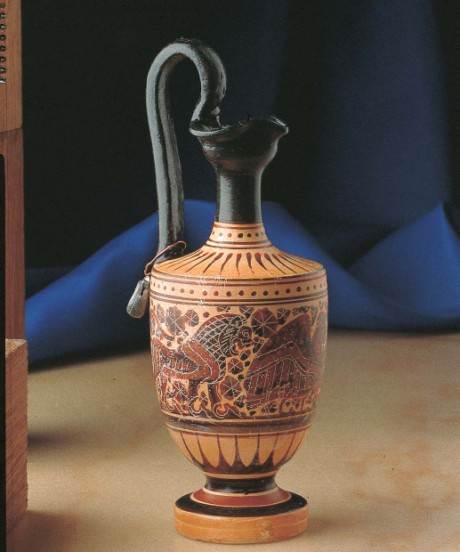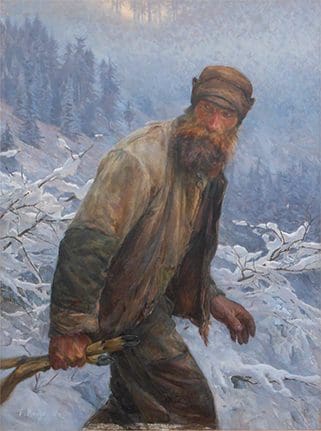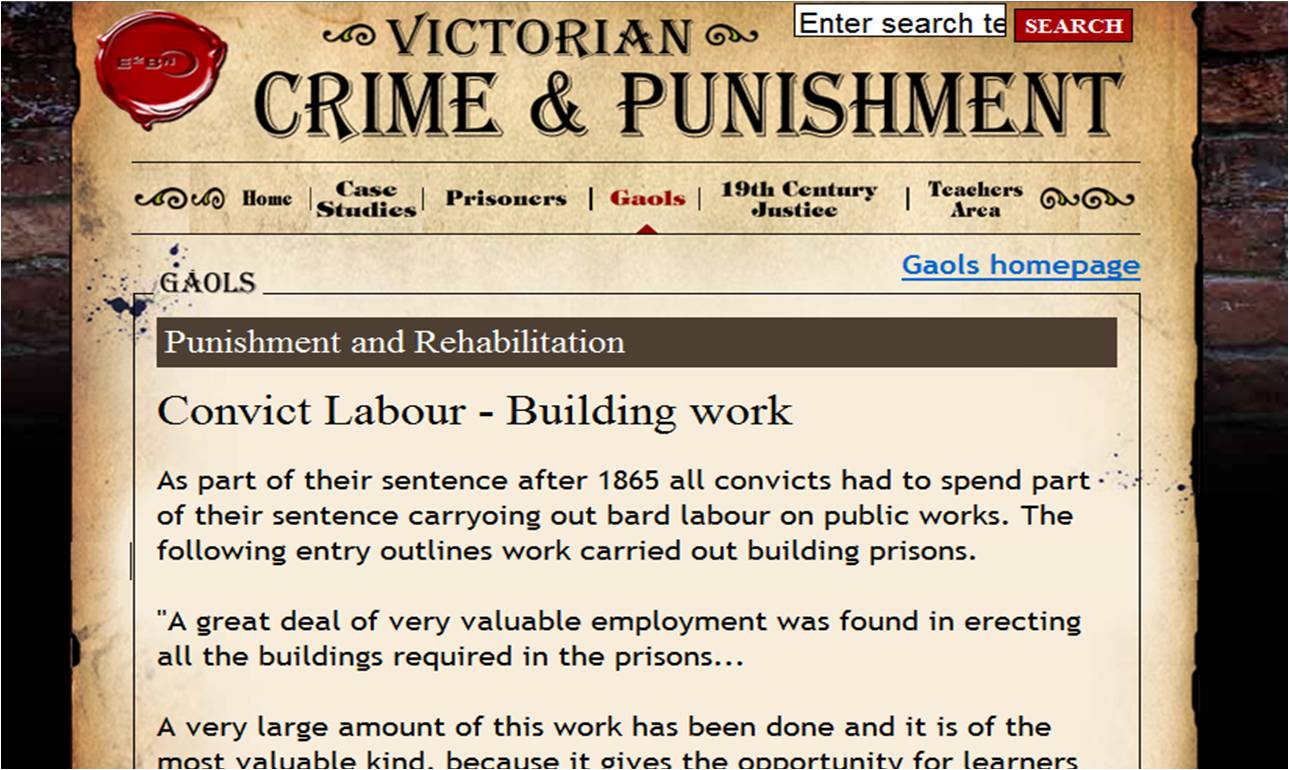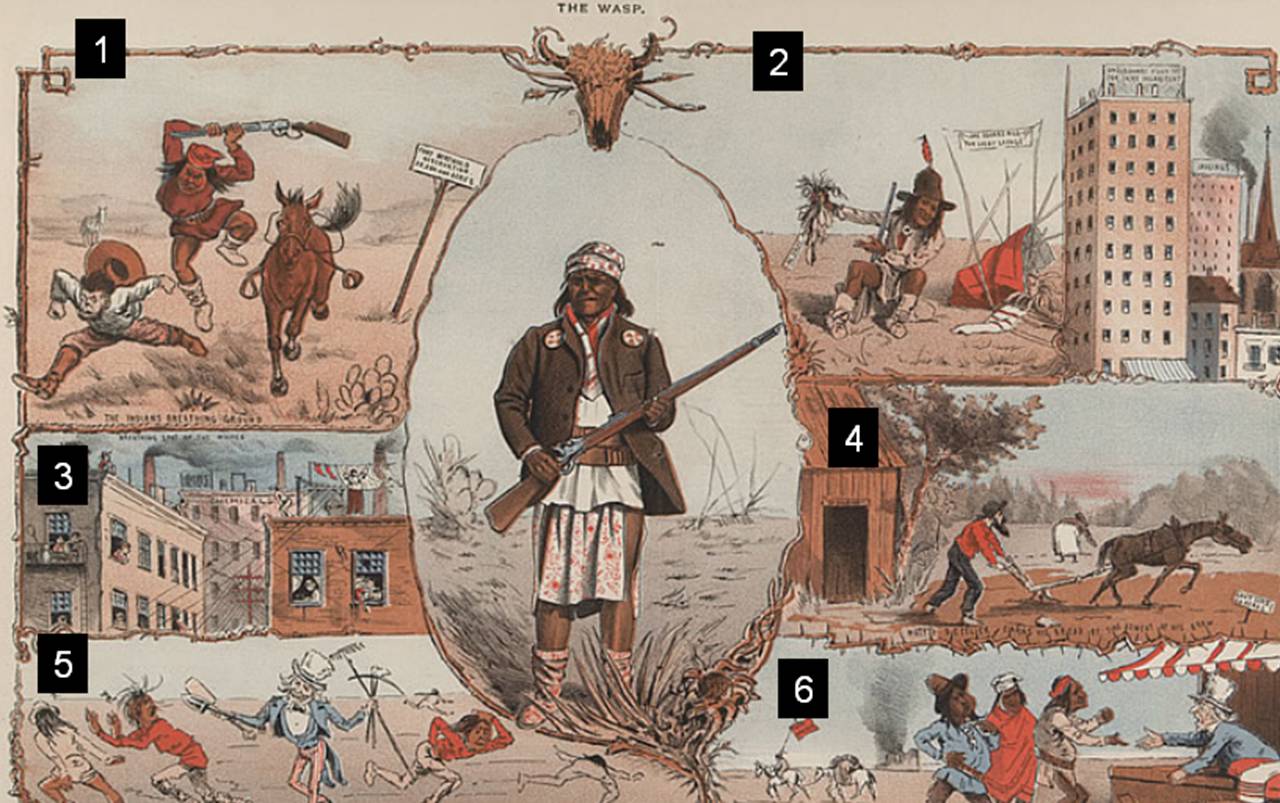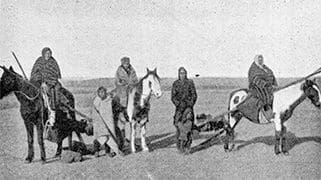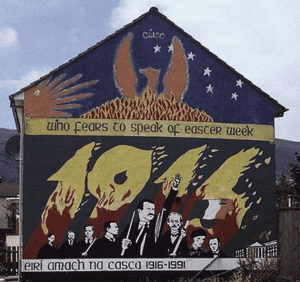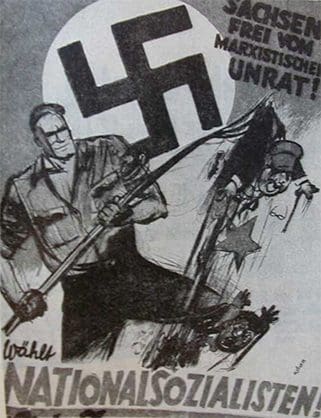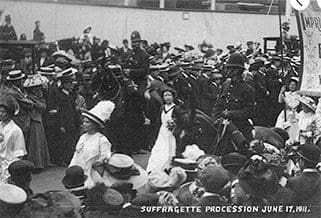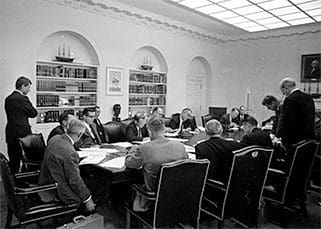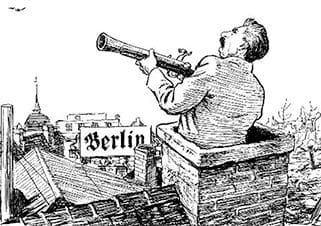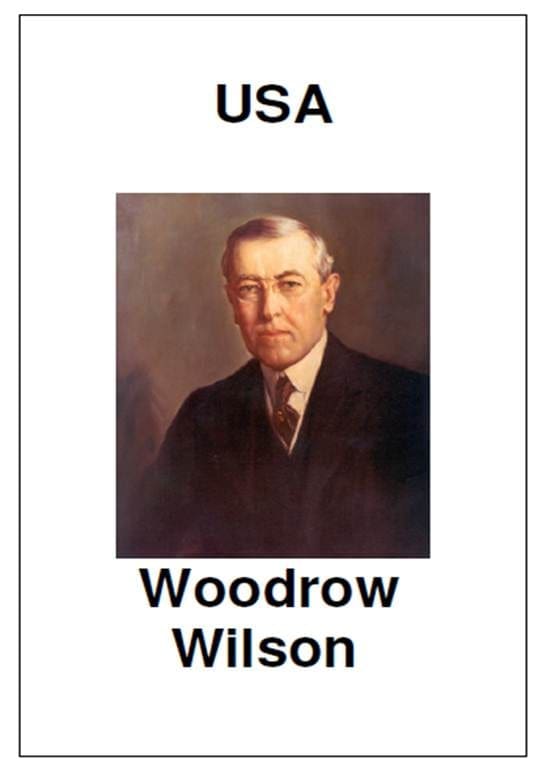Smart Tasks
Mary Seacole – KQ6 – Why doesn’t everyone agree that Mary deserves her statue at St. Thomas’ hospital?
This lesson places pupils in the role of Mantle of the Expert. A new monument to Mary Seacole was erected…
Read MoreGoing to the seaside – KQ2 – What did people do at the seaside 100 years ago?
From mime to movie. SMART TASK This fun activity is carried out by children working on tables of six. Half…
Read MoreLife in Tudor Times – KQ2 part 3 – History and literacy – Making sense of a letter from Henry VIII to Anne Boleyn
OR 14 ways of telling this is a love letter. Pupils are given a copy of a letter from Henry…
Read MoreLife in Tudor Times – KQ3 part 2 – Linking history with numeracy; a Tudor enquiry
More glass than wall? Is this a fair description of Hardwick Hall? And how do we find out? This SMART…
Read MoreSmart task Florence Nightingale and Mary Seacole: Who said it? / Who am I?
This simple task encourages children to spot the differences between Florence Nightingale and Mary Seacole. With a large A4 image…
Read MoreTeaching American West at Key Stage 4
Schools have been teaching the American West as part of the SHP course for over 30 years. I introduced it…
Read MoreWhy did President Truman drop the atomic bombs in August 1945? A study in interpretations SMART TASK KS3
This is a well-covered topic and most of you will already have your own favoured approach. For that reason I…
Read MoreSMART TASK: A history puzzle – Opening up of the Western frontier by the railroads. A history mystery
This history puzzle focuses on a well-known painting, Across the Continent, but one which is actually more puzzling than might at…
Read MoreSMART TASK: Why were mining towns such lawless places?
This is a very straightforward, yet highly effective task which asks students to distinguish between the generic and the specific,…
Read MoreSMART TASK Revision: name your best squad
To help students remember who the key individuals were in the history of medicine, you might like to present them…
Read MoreSMART TASK: Was the Weimar Republic doomed from the start? A glass half empty?
The lesson starts with a glass of water which you have filled to roughly half way. Students have to say…
Read MoreSMART TASK: 10 features of the Cold War but can you spot them?
Students often learn about the Cold War in chronological order. This activity offers them an opportunity to explore 10 aspects…
Read MoreSmart Task: How popular was the Vietnam war? What can we learn from just two photographs?
This simple starter uses just two contrasting photographs, one showing the popularity of Johnson’s policy towards Vietnam, the other opposition…
Read MoreSMART TASKS: Why did the US get involved in the Vietnam War?
Three separate short activities help students produce a top grade answer to the question. Task I – brainstorming early ideas…
Read MoreSMART TASK Key Stage 4: Stalin and the Korean War: can you interpret the cartoon?
This Smart task uses a Punch cartoon as part of a lesson on the Korean War. It carefully steers students…
Read MoreKey Stage 4 Smart Task: Scoop! What on earth was going on in Abyssinia in 1935?
This task is run along the lines of a newsroom simulation. Students take on the role of an editorial team…
Read MoreFlorence Nightingale and Mary Seacole SMART TASK
Who said it? / Who am I? This simple task encourages children to spot the differences between Florence Nightingale and…
Read MoreTeaching international relations 1945-1990
This section, dominated by the Cold War focuses mainly on teaching its origins, its main crises and the reason why…
Read MoreDid everyone benefit equally from life in the USA in the 1920s? A market place activity. SMART TASK KS4
This activity is great for getting students off their feet and talking to every other students in the class –…
Read MorePush or Pull? What were the real reasons why the Saxons invaded? SMART TAKS KS2
A fun thinking skills activity in which pupils infer from visual clues before moving on to analyse a range of…
Read MoreSmart Task: Infant Mortality – Key Stage 3
Puzzle corner: SMART thinking skills task on why so many infants continued to die before their first birthday at a…
Read MoreWhy was Hitler able to consolidate his position in power between January 1933 and August 1934? Smart Task KS4
This smart task works as a starter. Students are given 7 reasons why Hitler came to power. In just 5…
Read MoreThoroughly Modern Millie: How do we know this song is about Flappers? A quick musical starter
Students are given the lyrics of a song about flappers (copy provided) and have to find 10 references that prove…
Read MoreGCSE SHP Crime and Punishment: The Metropolitan police force in 1830: SMART TASK
This quick starter uses the slow reveal technique which encourages students to explore parts of a cartoon in a particular…
Read MoreHow well do these cartoons cover the causes of World War One?
In pairs, Y9/GCSE students visit 9 different cartoons posted around the wall. They have to work out: a. Which cause…
Read MoreCourt of King Cholera: Where am I in the picture?
This activity works in two ways; it activates pupils’ prior knowledge in a fun way and raises questions about conditions…
Read MorePuzzle corner 3: the strange case of the missing slave
Pupils will find that this example of a black slave, painted out of an eighteenth century painting of a tobacco…
Read MorePuzzle corner: The strange case of the steel helmet
A short intriguing starter activity for pupils presents them with a puzzle to solve. In the First World War, why…
Read MoreHow significant was Magna Carta? SMART TASK KS3
Pupils have been commissioned to produce two brief podcasts for the British Library website aimed at a teenage audience. The…
Read MoreBonfire Night when Granny was a girl: Smart Task
These activities have been designed for the current curriculum, covering the past within living memory and commemorative events. The three…
Read MoreHelp Tom to fight the Great Fire. Smart Task
This ICT based activity draws heavily on the superb new website created as a joint enterprise by the National Archives,…
Read MoreAre we fair to the Vikings? A question of interpretation. SMART TASK KS2
Pupils are shown a range of stereotypical images of Vikings, using slides 2 and 3. This should be used to…
Read MoreThe Empire strikes back! SMART TASK KS3
Having previously investigated the criticism of empire, students now set about defending it. After studying a contemporary Indian view of…
Read MoreSmart Task Puzzle Corner – Why did so many infants die when the death rate was falling?
Puzzle corner: SMART thinking skills task on why so many infants continued to die before their first birthday at a…
Read MoreWho started the Korean War? Smart Task
In this short starter smart task students are given two contradictory accounts of the start of the Korean War, both…
Read MoreThe Marshall Plan: How should we interpret it? Just how philanthropic was it?
The activities in this very varied lesson ask students to raise questions, place sources on a continuum, add analysis to…
Read MoreWhat’s in the bag and who does it belong to? Great Fire Smart Task
An object-based problem-solving approach to learning about life during the Great Fire This Smart Task is just part of a…
Read MoreAncient Greece: Short task on using Greek pots
What can I do with just one Greek pot in the resource cupboard? Collaborative and creative storyboarding At the core…
Read MoreWhy was the Metropolitan Police Force set up in 1829? Smart Tasks
This activity forms the central spine of a lesson on the reasons for setting up the Metropolitan Police Force in…
Read MorePoaching: Need or Greed? A 3 minute starter SMART TASK KS4
Throughout history, people have had different views of poachers. Were they: a. Starving labourers, snaring game to keep body and…
Read MoreGCSE SHP Crime and Punishment: How and why did Victorian prisons change in the first half of Victoria’s reign
Introduction The Chief Examiner’s report for OCR made the following point: “A number of reports have identified 19C prison reform…
Read MoreAttitudes of the US government to the native Americans: milking an image for meaning
The simple PowerPoint presents students with an image which has six separate panels for them to investigate. Only by exploring…
Read MoreWhy did the Indians lose control of the Great Plains? I want that for my essay SMART TASK KS4
Students work in pairs to answer a GCSE question. They have cards of relevant information to sort through to help…
Read MoreSMART TASK: Overview of Irish history; a question of perspectives.
This smart task looks at iconic moments in Irish history and then challenges students to think how well each event…
Read MoreSMART TASK Key Stage 4: How should we remember the Easter Rising?
Recap This is the concluding lesson on the Easter Rising. If you want a good recap so that students hit…
Read MoreSMART TASK Key Stage 4: Working out what the election posters tell us about Who Voted Nazi
This simple task engages students in thinking for themselves why people voted for Hitler in the 1930s. It uses the…
Read MoreSMART TASK: A Suffragette procession: comparing the evidence
Whether you are studying the OCR unit, AQA or Edexcel you should find this activity helpful. The activity builds on…
Read MoreSMART TASK Key Stage 4 – Kennedy and the Cuban Missile Crisis
With the 50th anniversary of the Cuban Missile crisis in the news, it is worth spending time reviewing Kennedy’s reputation….
Read MoreSMART TASK Key Stage 4 Deciphering a Cold War cartoon, using the slow reveal technique.
The interactive PowerPoint presentation of the famous Stalin’ The Birdwatcher’ cartoon encourages students to add layers of meaning as more…
Read MoreSMART TASK: Who said what at Versailles? A fun competitive team game with a serious purpose
This simple activity asks students to think who would be the most likely person to make this statement at the…
Read More

